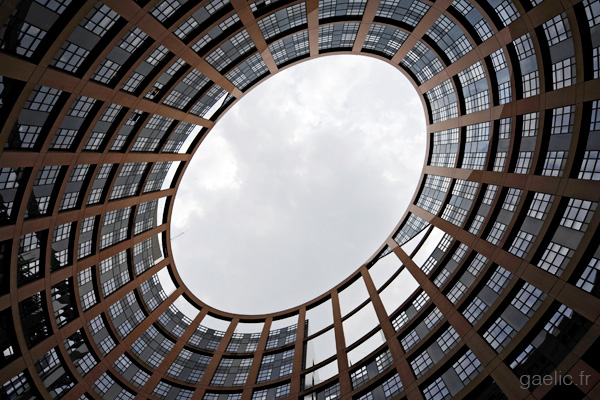Post-national democracy and the reform of the European Parliament

The next European elections will take place in 2014. Why then focus today on the participation of European citizens on this vote? The answer is simple: if we want to reverse the decline in participation over the last thirty years which paradoxically has taken place at the same time the European Parliament has been steadily gaining power within European institutions, we must act now.
But, above all, the question of the relationship between citizens and European institutions is an issue that deserves better than to be taken up, at best, every five years. The organisation of the European debate at the level of both the Union and of Member states as well as the clarification and the politicisation of European issues are essential to giving life to European democracy on a daily basis.
Much can and should be done to improve the functioning of European political parties, which remain, despite their limitations, the key engines of democratic debate and citizen choice. Notre Europe has published in conjunction with this pamphlet by Andrew Duff, a text by Julian Priestley which discusses key reforms that the parties should undertake in order to prepare to assume full responsibility.
But, changes in the European Parliament itself and in its method of election could also contribute to the improvement of democratic practice in the EU. Andrew Duff’s proposals contained in this publication are therefore timely.




